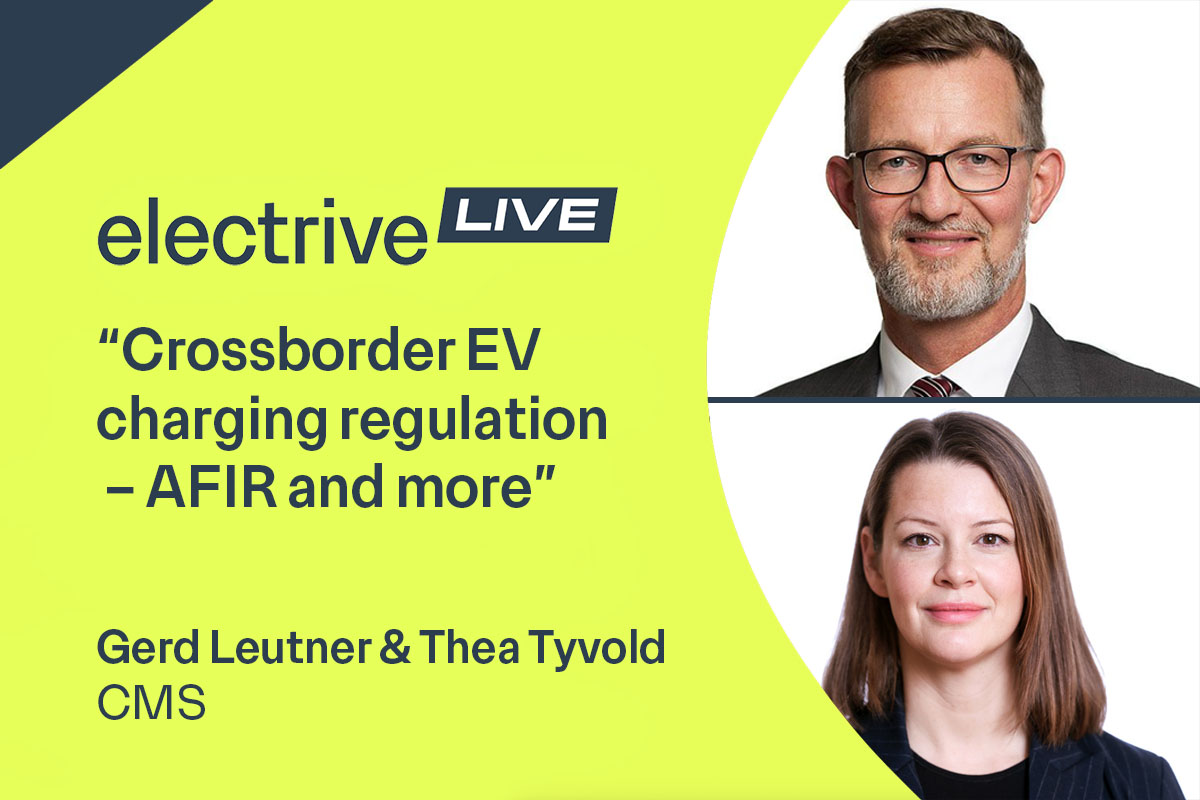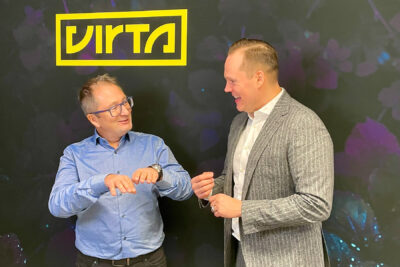“Crossborder EV charging regulation – AFIR and more” – Gerd Leutner and Thea Tyvold from CMS
The lawyers outlined the requirements for CPOs, now that AFIR is in effect. Leutner called it “a detailed roadmap with enforceable rules.” However, he also pointed out that in some cases, it is still unclear how the rules will or can be enforced, even though the EU had published a Q&A a few days before the conference.
The AFIR came into effect on 13 April, 2024. “For the member states, that means, above all, that they have to provide a draft policy framework, national policy framework, by the end of December of this year,” Leutner explained. In Germany, the government is said to be working on it. You can read more about AFIR and the requirements for CPOs and MSPs here.
“Norway has the most electric cars per person,” Tyvold said. About one in every four new cars has a plug. The charging network is also well established, as she pointed out. However, there is still a long way to go for heavy-duty vehicles, such as electric trucks, that are increasingly put into service.
Interestingly, even though Norway is not part of the EU, Tyvold says the country will implement AFIR. In some aspects, Norway is even ahead. For example, the AFIR stipulates that fast chargers will need to have a credit card terminal for ad-hoc payments. That has already been the case in Norway. However, the regulation will not take effect immediately, as in the EU. Norway needs to implement its own regulations, which it is already working on. However, it could take years before it is signed into law.
As the previous speaker already pointed out, access to grid connections are the main issue for operators. “In Norway, grid connection is an issue. There’s a first come, first served principle. There is generally no priority for green activities,” the CMS partner explained. Moreover, many areas in Norway experience grid congestion, and getting access can take a long time. “The process can be a bit unpredictable,” said Tyvold.





0 Comments